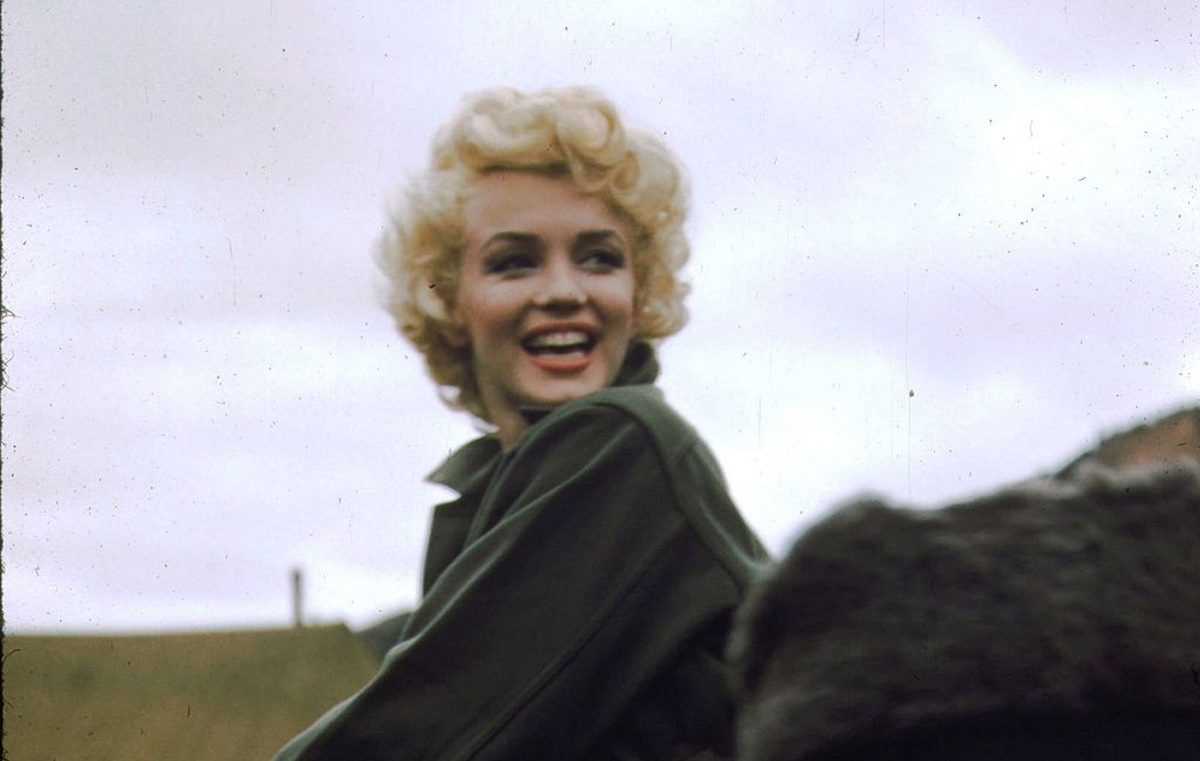Recently, you can watch a feature film on Netflix called “Blonde”. It is a biography of Marilyn Monroe, and it is based on the 2000 film Joyce Carol Oates. Shortly after its premiere, the film was criticized by the world’s largest abortion force, Planned Parenthood. why? For three reasons.
“You won’t hurt me this time, will you?”
First of all: director Andrew Dominic showed how his title character was forced to have two abortions against her will. It’s a traumatic experience for her, and not a procedure as trivial as an appendectomy, as representatives of the abortion industry would like us to believe.
Second: on the screen we do not see an amorphous zygote or a group of cells, but rather a human embryo in the form of a human being created using computer graphics. Right before the second miscarriage, the unborn child asks his mother right away, “You’re not going to hurt me this time, are you?” Marilyn Monroe, although she knows she is carrying a little human under her heart, allows her to be sentenced to death.
Thirdly, abortions do not remain without a trace on the psyche of the actress, but leave a deep mark on her. Andrew Dominic showed a scene of Monroe receiving a standing ovation from a jubilant audience at the premiere of “Men Prefer Blondes” in 1953, to which she captioned herself with the following sentence: “That’s why I killed your son.” She is convinced that the child will be an obstacle for her to pursue a career. But the price you paid for success turned out to be very high.
Contemporary version of “Faust”
All of this provoked an unfavorable reaction from Planned Parenthood, which accused the filmmakers of “anti-abortion propaganda” and “disinformation” about “sexual and reproductive health.” In fact, both Joyce Carol Oates and Andrew Dominic are not pro-life activists, but advocates of legal abortion, but they have proven honest enough not to succumb to the false narrative of family planning, and to downplay the tragedy associated with human extermination. life.
However, a dizzying career does not bring happiness to the actress. Marilyn Monroe turned out to be a victim destroyed by a number of factors: emotional impotence from childhood, compensated by emotional contact with older men, abuse on their part, and ending with harassment, rape, forced abortion, and the resulting low self-esteem. Not believing in his abilities and asking for help with alcohol and drugs.
“Blonde” is like another part of “Faust”, in which the price of success turns out to be very high.

“Amateur social media maven. Pop cultureaholic. Troublemaker. Internet evangelist. Typical bacon ninja. Communicator. Zombie aficionado.”


![Euro disaster: the euro fell against the US dollar like a stone! These are 20 year records for the dollar. Exchange rates raise eyebrows: the trend change in the Eurodollar market is approaching [perspektywy] Euro disaster: the euro fell against the US dollar like a stone! These are 20 year records for the dollar. Exchange rates raise eyebrows: the trend change in the Eurodollar market is approaching [perspektywy]](https://www.moviesonline.ca/wp-content/uploads/2022/10/Euro-disaster-the-euro-fell-against-the-US-dollar-like.jpg)



![Blanca Lipska rose on the set! “It lit like a torch.” [PLOTEK EXCLUSIVE] Blanca Lipska rose on the set! “It lit like a torch.” [PLOTEK EXCLUSIVE]](https://www.moviesonline.ca/wp-content/uploads/2022/04/Blanca-Lipska-rose-on-the-set-It-lit-like-a.jpg)



